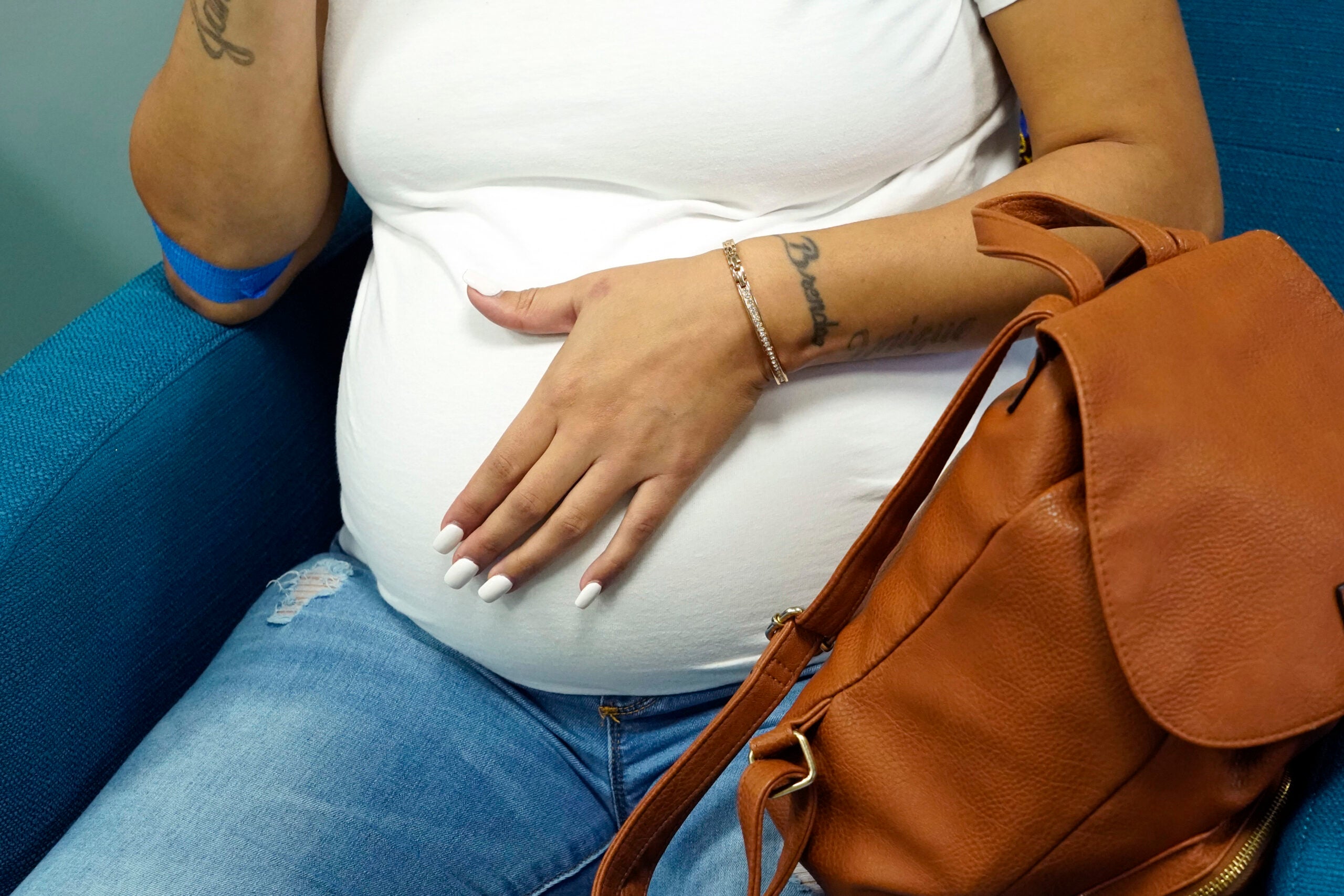High stress and low support can lead to pregnancy complications and those issues can impact both the mother’s health, and the health of her baby. Larry Meiller finds out what the connection is.
Featured in this Show
-
Support And Resources Are Key For A Healthy Pregnancy
Pregnancy can be a very special time for the woman carrying the baby, as well as for family members and other loved ones. But the amount of stress that a woman is dealing with, and whether she feels that she has support and tools to handle it, can have a big impact on her and on her child.
Fathima Wakeel is a Postdoctoral fellow at the Center for Women’s Health and Health Disparities Research, which is part of the UW School of Medicine and Public Health. She is looking at the connection between stress experienced by a pregnant woman, and what amount of “personal capital” she has to draw on.
Personal capital is a combination of many factors, including internal resources, like positive self-esteem, or a sense of control over circumstances and her life, and external, or social, resources. The latter includes support from a partner, social network support, and neighborhood support. Many of those seem logical, but the neighborhood support may be surprising. But it boils down to not feeling isolated. That may mean someone to listen when you’re stressed, a neighbor to call on if you need a ride, or help with groceries, or even advice on area schools and other child-oriented services.
Problems emerge when the stress that the woman is experiencing outweighs the personal capital that she can draw on. Basically, the woman does not have the resources to deal with the stress, and as a result, it impacts her pregnancy.
Of course, there can be a lot of different levels of stress as it is experienced. Wakeel’s fellow researchers break down stress into three domains, environmental, psychological, and physiological. Environmental means an event or situation that is the stressor, so it is external. Psychological is about how the subject perceives and interprets the stress they are under, and physiological is how it manifests in the body.
Those physiological effects during pregnancy can include preeclampsia, gestational diabetes, or infections like bacterial vaginosis. As delivery approaches, that stress can manifest in poor pregnancy outcomes like premature labor that can lead to pre-term delivery, or low birth weights. And premature babies and low birth weight babies account for forty percent of all neonatal deaths in the U.S. That is death during the first twenty-eight days after birth.
What can a woman do to increase her personal capital and manage the stress? Many of the internal resources, like self-esteem and feeling in control can be hard to alter later in life or quickly. So Wakeel feels that “more realistically … the social resources play an important role.” One of the most important efforts is to carefully choose your support system. While it may not always be easy, since many of those connections are set before pregnancy, trying to strengthen relationships with your partner and family can help. As can reaching out in your neighborhood, faith community, workplace, or other groups to which you feel you belong.
Wakeel believes that because the woman will not have complete control over how supportive her network is, healthcare providers and community groups can and should also step in to offer help. A caller identifying herself as Serena in Wausau shared that her healthcare provider was actually her primary support person. She and her fiancé were having arguments, and she was dealing with the stress of living in New York City. She had miscarried two months before becoming pregnant with her son, so was sent to a high-risk obstetrician. For her, having a doctor with whom she felt a great rapport and who dealt with risky pregnancies routinely was a lifesaver. She explained it as “he really carried me through my whole pregnancy.”
One program that Wakeel thinks is the right kind of model to address these issues is the Centering Pregnancy Program. In Wisconsin, it is currently offered in several hospitals in the southeast area of the state.
Episode Credits
- Fathima Wakeel Guest
Wisconsin Public Radio, © Copyright 2024, Board of Regents of the University of Wisconsin System and Wisconsin Educational Communications Board.



